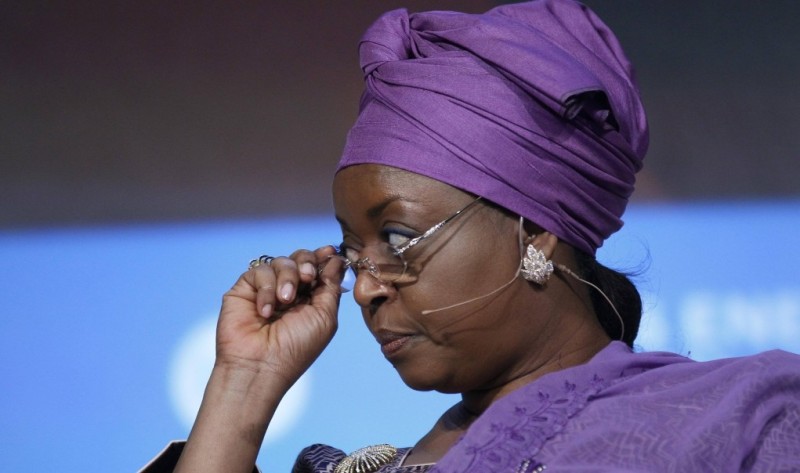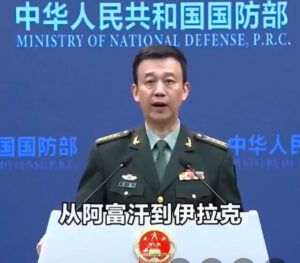For over eight years, the Nigerian government has struggled to prosecute Diezani Alison-Madueke, a former Minister of Petroleum accused of looting millions of dollars during her tenure under former President Goodluck Jonathan.
Wahab Shittu, a Senior Advocate of Nigeria, explained that the main reason for this delay lies in the complex legal processes required for extradition. After Jonathan’s administration ended, Diezani moved to the United Kingdom and has remained there, avoiding court appearances in Nigeria despite several cases filed against her.
Speaking on Politics Today on Channels Television, Shittu said, “Extradition requires legal and international compliance procedures. Judicial and administrative hurdles must be overcome before someone can be extradited from another country.”
He added that successive Nigerian governments have made efforts to bring Diezani and other fugitives back to face trial. However, the combination of legal and extra-legal obstacles has delayed these efforts.
Meanwhile, the Nigerian government has made progress in recovering assets linked to Diezani. On Friday, the Attorney-General of the Federation, Lateef Fagbemi, announced the recovery of $52.88 million worth of assets tied to her, with the assistance of the United States. Of this amount, $50 million will fund rural electrification projects through the World Bank, while $2 million will strengthen the justice system and anti-corruption efforts.
Despite the challenges, the government remains committed to addressing corruption and ensuring accountability for those who have misused public funds.
- Diezani Alison-Madueke has avoided prosecution in Nigeria due to the complex extradition process.
- Efforts by successive administrations to extradite her are ongoing but face legal and international hurdles.
- $52.88 million linked to her has been recovered, with funds allocated to rural electrification and justice system improvements.
The challenges surrounding this case highlight the difficulty of holding individuals accountable for corruption when international laws and extradition processes are involved.







